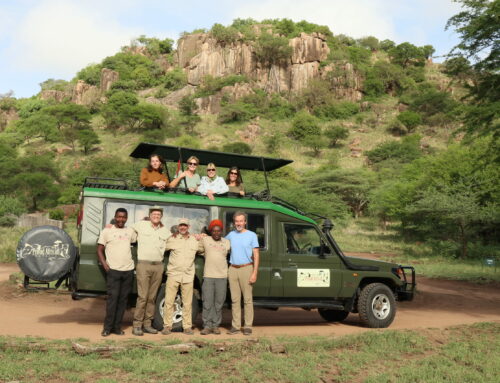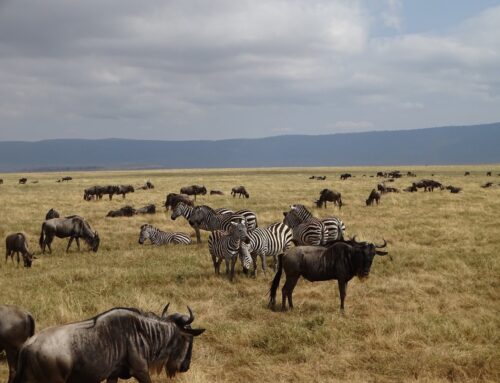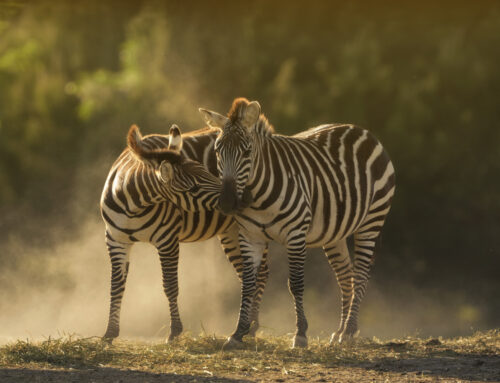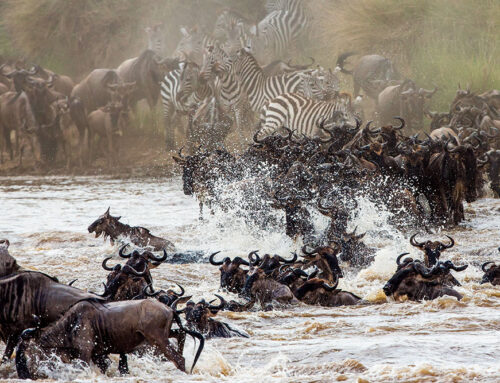As the threat of ivory trade continues to deploy poachers into some of the most protected lands on planet Earth, many countries are stepping in to take desperately needed measures to stop it. With 35,000 to 40,000 elephants slaughtered yearly for their tusks, the time to take action is now, as they teeter on the brink of extinction.
Without lawmakers taking action, the numbers of African and Asian elephants will continue to decline, meaning that both species could be wiped off the Earth during this current lifetime. Anyone who has had the ability to go on a true, authentic safari will tell you that this is devastating.
Seeing elephants in their natural state of being is emotional, majestic, and life-changing. Every route possible to save these creatures must be explored, and shutting down the ivory trade is the first stop.
How The World Is Changing The Conversation
The successful shutdown of the ivory trade is a global effort. With countries like China and Hong Kong shutting down their domestic trades (international trade has been illegal since 1989), the ivory trade is seeing a massive hit. Not only have prices dropped over 75 percent, but seizures of ivory coming into China is down by almost 80 percent.
These numbers are incredible, and should leave anyone in the active fight against the ivory trade feeling optimistic. While Japan remains to have incredibly lackluster laws when it comes to the ivory trade, there are others who are setting a precedent heading in the opposite direction.
Michael Gove, Environmental Secretary for the United Kingdom, put into effect one of the strictest bans on ivory the world has ever seen. Under massive public support, he outlawed ivory of all ages, antiques included.
With the creation and acceptance of laws such as these, it’s clear that elephants do hold a place in the hearts of many, and conservation is at the forefront of policy. It’s heartwarming, positive and a great start to a complete ban on the threat of ivory trade.
Click the button below to talk to one of our Safari Specialists!
Recent Posts
As the threat of ivory trade continues to deploy poachers into some of the most protected lands on planet Earth, many countries are stepping in to take desperately needed measures to stop it. With 35,000 to 40,000 elephants slaughtered yearly for their tusks, the time to take action is now, as they teeter on the brink of extinction.
Without lawmakers taking action, the numbers of African and Asian elephants will continue to decline, meaning that both species could be wiped off the Earth during this current lifetime. Anyone who has had the ability to go on a true, authentic safari will tell you that this is devastating.
Seeing elephants in their natural state of being is emotional, majestic, and life-changing. Every route possible to save these creatures must be explored, and shutting down the ivory trade is the first stop.
How The World Is Changing The Conversation
The successful shutdown of the ivory trade is a global effort. With countries like China and Hong Kong shutting down their domestic trades (international trade has been illegal since 1989), the ivory trade is seeing a massive hit. Not only have prices dropped over 75 percent, but seizures of ivory coming into China is down by almost 80 percent.
These numbers are incredible, and should leave anyone in the active fight against the ivory trade feeling optimistic. While Japan remains to have incredibly lackluster laws when it comes to the ivory trade, there are others who are setting a precedent heading in the opposite direction.
Michael Gove, Environmental Secretary for the United Kingdom, put into effect one of the strictest bans on ivory the world has ever seen. Under massive public support, he outlawed ivory of all ages, antiques included.
With the creation and acceptance of laws such as these, it’s clear that elephants do hold a place in the hearts of many, and conservation is at the forefront of policy. It’s heartwarming, positive and a great start to a complete ban on the threat of ivory trade.







